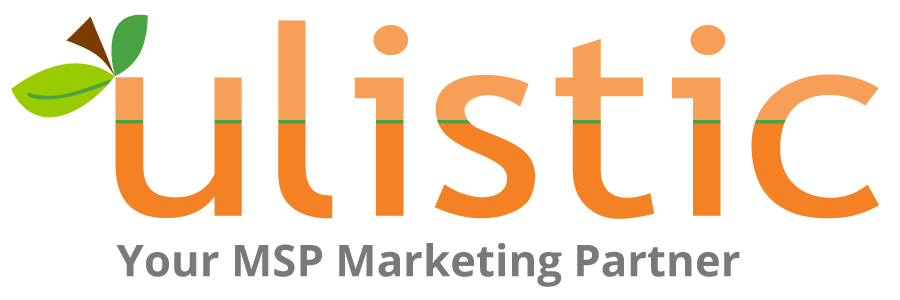How Does Google's Nuanced New 'Nofollow' Link Policy Impact Your Website?
Google is continually looking for new ways to provide value to readers, but their latest decision could prove damaging to your SEO efforts if you're not careful.
Back in the golden days of the internet, link farms were everywhere, creating confusion for readers and frustrating well-meaning search engine engineers. The algorithms on Google and other major search engines were programmed to look for ways to digital indicate that content was valuable, and inbound links were considered an essential index of value for many years. Unfortunately, this caused black hat SEO wizards to take advantage of the rules and create massive webs of interconnected sites that often offered very little information of any significance to readers. Fast-forward to today, and search engines have gotten much smarter at ferreting out which links help indicate that a site is worthy of attention -- and which are merely trying to make a buck at your expense. Google's latest adjustment to the search algorithms might initially feel like a step backward, but their engineers are attempting to balance the scales to reward positive engagement with your website.

Understanding Content Marketing: What Are 'Nofollow' Links?
If you consider link farming to be a way of spamming search engines essentially, then a 'nofollow' link is a way to add a blindfold to these same search engines to reduce the chance that your site is penalized for low-quality or paid links within your content or comments. There is a significant amount of money to be made from blogs with affiliate links and advertising, not to mention the ability to snatch action from your competitor's websites. By visiting multiple other sites and adding links back to your site, bloggers were particularly virulent in creating a dense network of interconnected ties that drove traffic back to their website.
With the 'nofollow' attribute in place on all comments and user-generated content, it became more challenging for individuals to promote their site only by adding links to a comments thread. With nearly every website currently defaulting their comments section to append the 'nofollow' tag to any URLs that are posted, Google's change to its algorithm from a hard limit against following the links to more of a "hint" is a significant shift from their earlier stance. The reason for the change? Google's algorithms needed more information, and the added sophistication of the platform allows the links to be viewed in context -- creating a real-time determination on whether they may add value to the website and the users . . . or not.
How Google's New 'Nofollow' Link Policy Changes Your Marketing Strategy
Fortunately, Google has published a handy guide that will help webmasters navigate the updates, which essentially includes the introduction of two new attributes to the 'nofollow' clause:
- rel="ugc" defines a particular link as user-generated content
- rel="sponsored" lets Google know that the link is for advertising, sponsorships or related paid links
Both of these attributes help Google's data-hungry algorithms more closely define how to treat the additional links that are available on your page.
The moral of the story? There indeed are no shortcuts that will stand the test of time, quite like producing high-quality content that people want to read. However, there are ways to optimize the visibility of that content to ensure your target audience pays attention!
Staying on top of the latest digital marketing strategies is a full-time job, with shifts happening at a dizzying rate that can be difficult to follow. When you partner with Ulistic for MSP-specific marketing support, you can trust that the team is always looking for new opportunities to promote your brand and create consistent and cohesive experiences for your prospects so you can focus on delivering world-class IT services. Contact the Ulistic team at {phone} or fill out our quick online form to schedule your complimentary consultation. The Ulistic team will help guide you through the complicated battleground of sales, marketing, and business development tactics so you are laser-focused on the efforts that provide the most significant ROI for your company.



